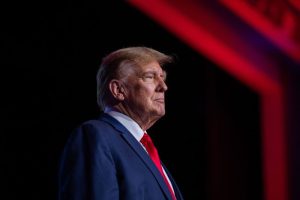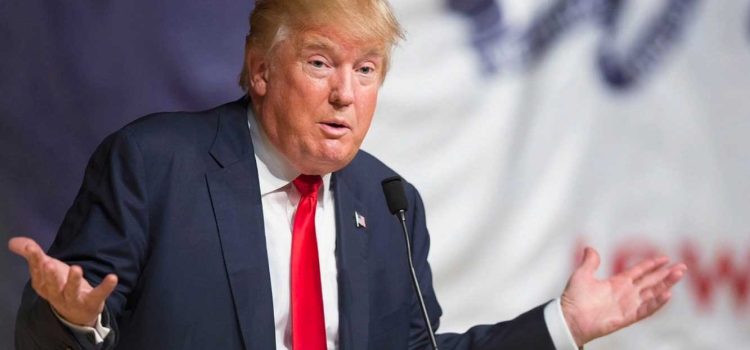
The saga surrounding former Trump adviser Steve Bannon has taken a significant turn as he faces the order to surrender for prison. Bannon, a prominent figure in Trump’s inner circle, has been at the center of controversy since his indictment on charges of contempt of Congress. This development marks a pivotal moment in Bannon’s legal battle and has sparked widespread debate regarding accountability, executive privilege, and the rule of law.
Background

Steve Bannon, a key strategist in Donald Trump’s 2016 presidential campaign and later his chief White House strategist, has long been a controversial figure in American politics. Known for his nationalist views and combative rhetoric, Bannon’s influence within the Trump administration was substantial. However, his tenure was marked by controversy and internal power struggles, leading to his eventual departure in August 2017.
The Indictment
Bannon’s legal troubles began when he was subpoenaed by the House Select Committee investigating the January 6th Capitol riot. The committee sought his testimony and documents relating to his involvement in the events leading up to the insurrection. Bannon, however, refused to comply with the subpoena, citing executive privilege on behalf of then-President Trump.
Contempt of Congress Charges
Bannon’s refusal to cooperate with the committee led to a contempt of Congress charge being brought against him. Despite being warned by the committee and facing a subpoena, Bannon persisted in his refusal to testify or provide the requested documents. This defiance of congressional authority prompted the House of Representatives to hold Bannon in contempt, setting the stage for legal action.
Legal Battle
Following the contempt citation, Bannon was indicted by a federal grand jury in November 2021. The indictment charged him with two counts of contempt of Congress, alleging that he willfully refused to comply with the committee’s subpoena. Bannon’s legal team argued that he was shielded from testifying by executive privilege, a claim disputed by legal experts and the Biden administration.
Surrender Order
In May 2022, Bannon’s legal maneuvering hit a roadblock when a federal judge ordered him to surrender himself to authorities to begin serving his prison sentence. The judge’s ruling rejected Bannon’s attempts to dismiss the charges or delay his trial further. With his options dwindling, Bannon now faces the prospect of serving time behind bars for his refusal to cooperate with Congress.
Implications
The order for Bannon to surrender for prison carries significant implications for both him and the broader political landscape. For Bannon, it represents a dramatic fall from grace for a once-powerful figure in American politics. His refusal to comply with congressional subpoenas has not only damaged his own reputation but has also raised questions about the limits of executive privilege and the accountability of public officials.
Analysis Table
| Aspect | Implications |
|---|---|
| Legal Precedent | Sets a precedent for holding individuals accountable |
| Congressional Authority | Affirms Congress’s authority to compel testimony |
| Executive Privilege | Raises questions about the scope of executive privilege |
| Public Perception | Influences public perception of political figures |
| Rule of Law | Reinforces the importance of adherence to the rule of law |
Comparative Table
| Steve Bannon’s Indictment | Previous Contempt Cases | Significance |
|---|---|---|
| Refused to comply with subpoena | Similar cases involving refusal to testify | Highlights challenges in enforcing congressional subpoenas |
| Cited executive privilege | Some cases involved claims of privilege | Raises questions about the validity of such claims |
| Federal indictment and prison sentence | Previous cases resulted in fines or House censure | Indicates a more severe consequence for defiance of Congress |
Conclusion
Steve Bannon’s order to surrender for prison marks a significant development in his legal battle and raises broader questions about accountability and the rule of law. As a prominent figure in Trump’s inner circle, Bannon’s defiance of congressional authority has drawn attention to the limits of executive privilege and the responsibilities of public officials. As he prepares to face the consequences of his actions, the fallout from Bannon’s indictment reverberates through the political landscape, shaping perceptions of power, privilege, and the obligations of those in positions of authority.










